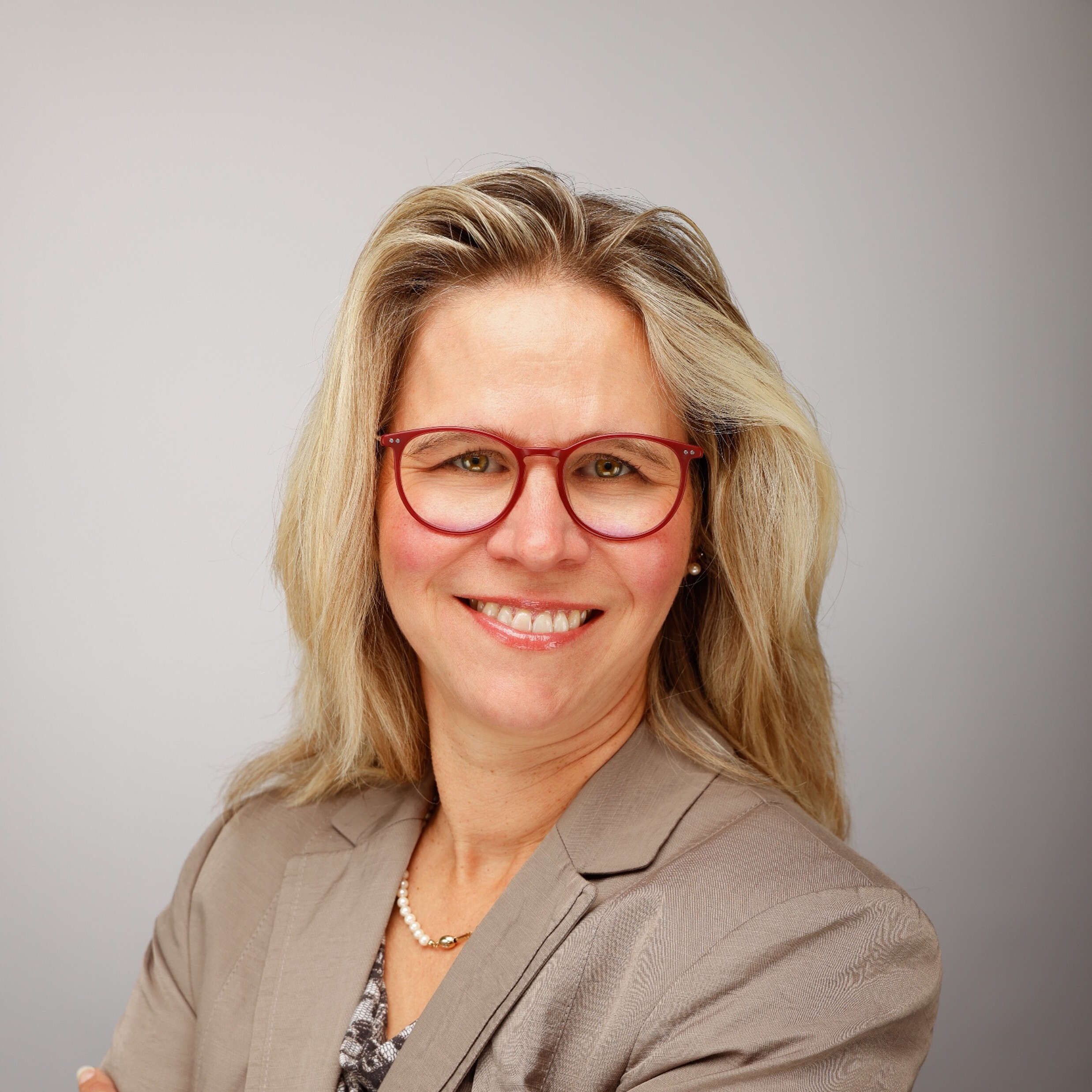Start: 15:00h / End: 18:00h
Venue: Max-Planck-Institut für Chemische Energiekonversion, Mülheim
Moderation: Dr. Andreas Förster, DECHEMA e.V., Frankfurt/M
15:00 Welcome / Award ceremony
Dr. Andreas Förster, DECHEMA e.V., Frankfurt/M
Prof. Dr. Robert Franke, Evonik AG, Essen
15:15 Coupling of complex catalytic processes in single-phase and multiphase systems, including their implementation by equipment
PD Dr. Andreas J. Vorholt, MPI für Chemische Energiekonversion, Mülheim
16:00 Coffee break
16:30 Transition metal catalysis assisted by cyclodextrins in aqueous two-phase systems:
Recent results and future opportunities
Prof. Dr. Eric Monflier, Université d’Artois, Arras (F)
17:00 New Concepts for Integrated Chemical Processes in Homogeneous Transition Metal Catalysis
Dr. Thomas Seidensticker, TU Dortmund
17:30 Catalytic carbonylation, in particular hydroformylation, from its theoretical basis to its industrial implementation
Prof. Dr. Robert Franke, Evonik AG, Essen
18:00 Dechema Prize Reception
(As of 18 April 2023. Subject to alterations.)



